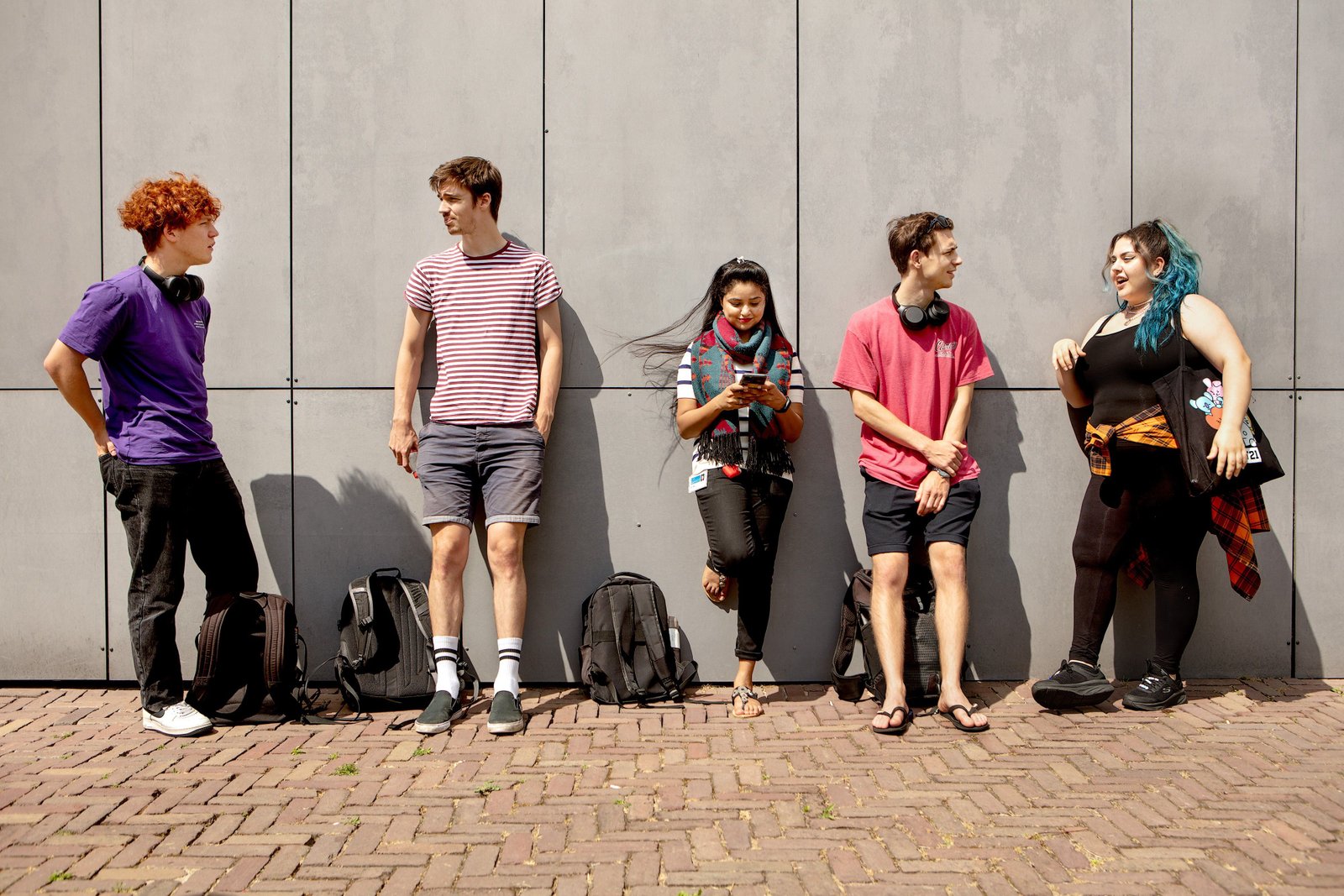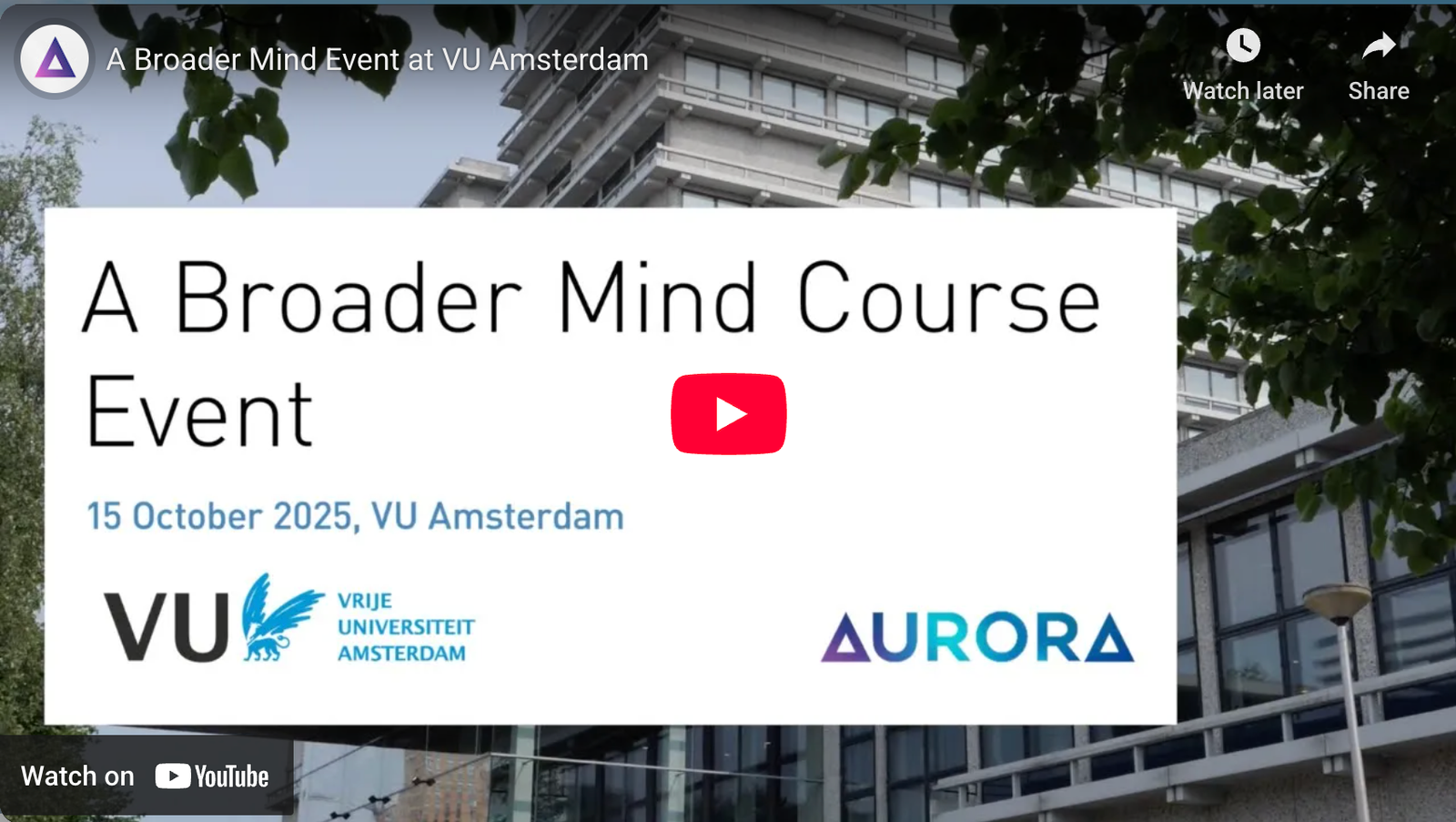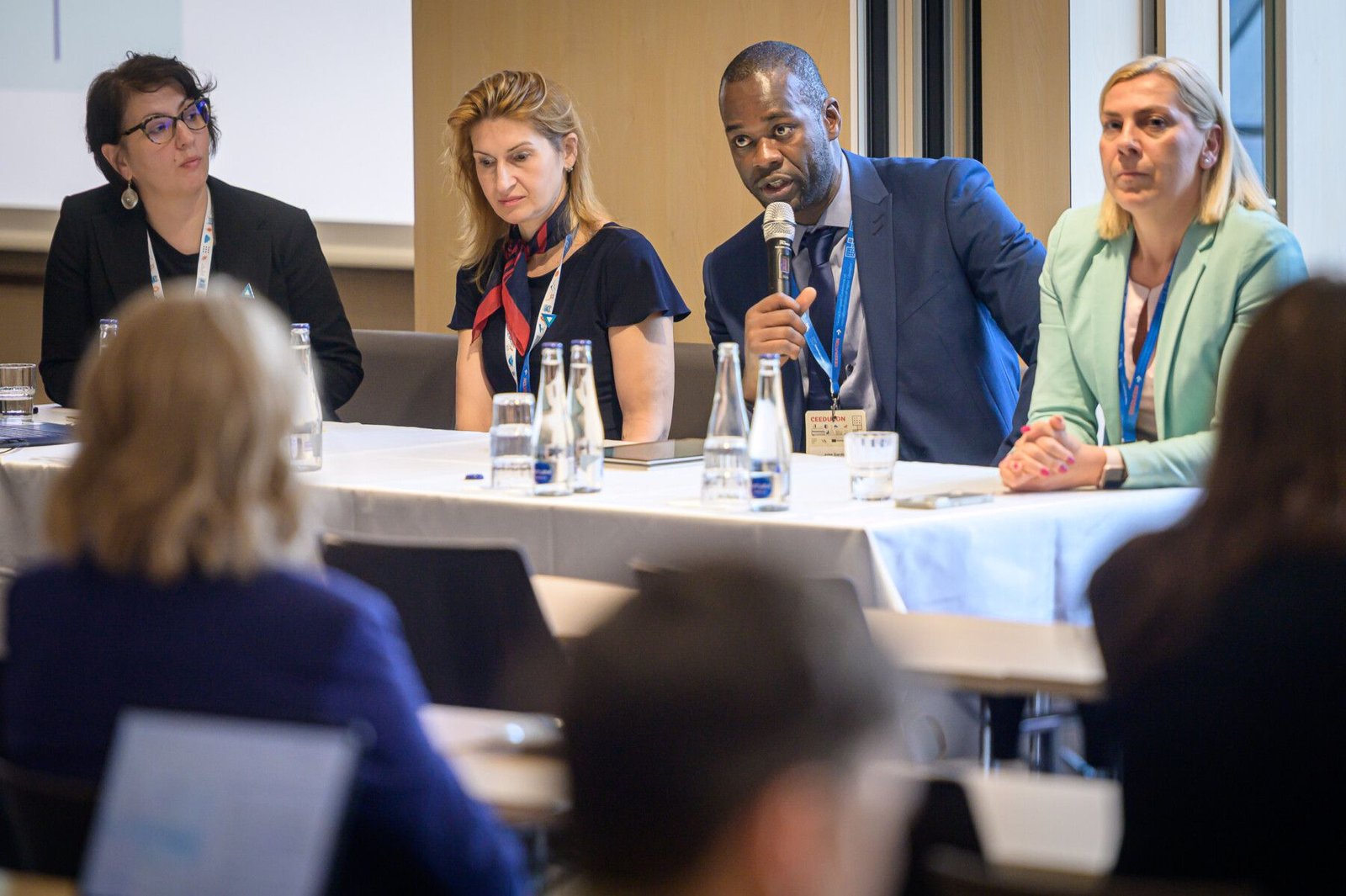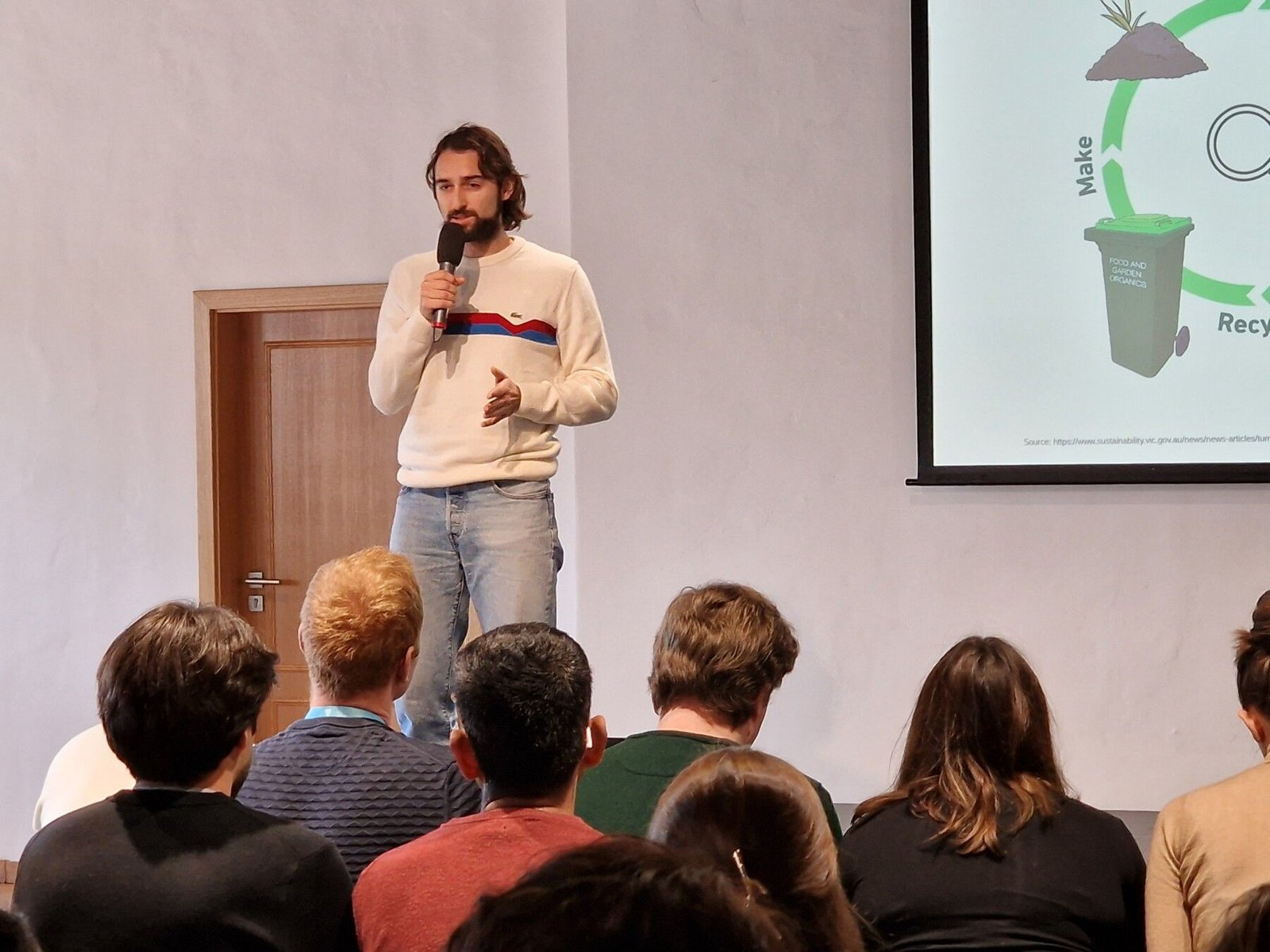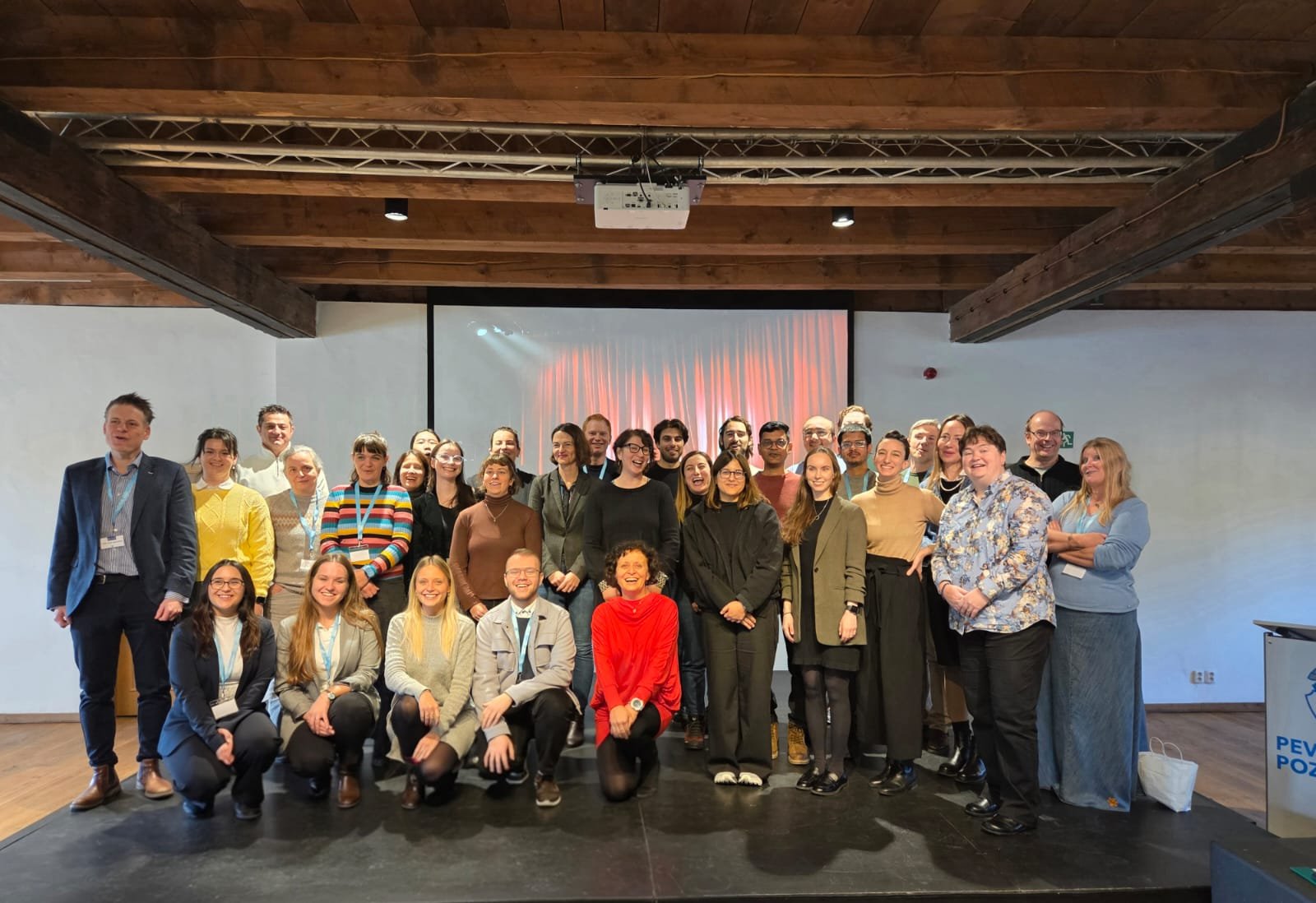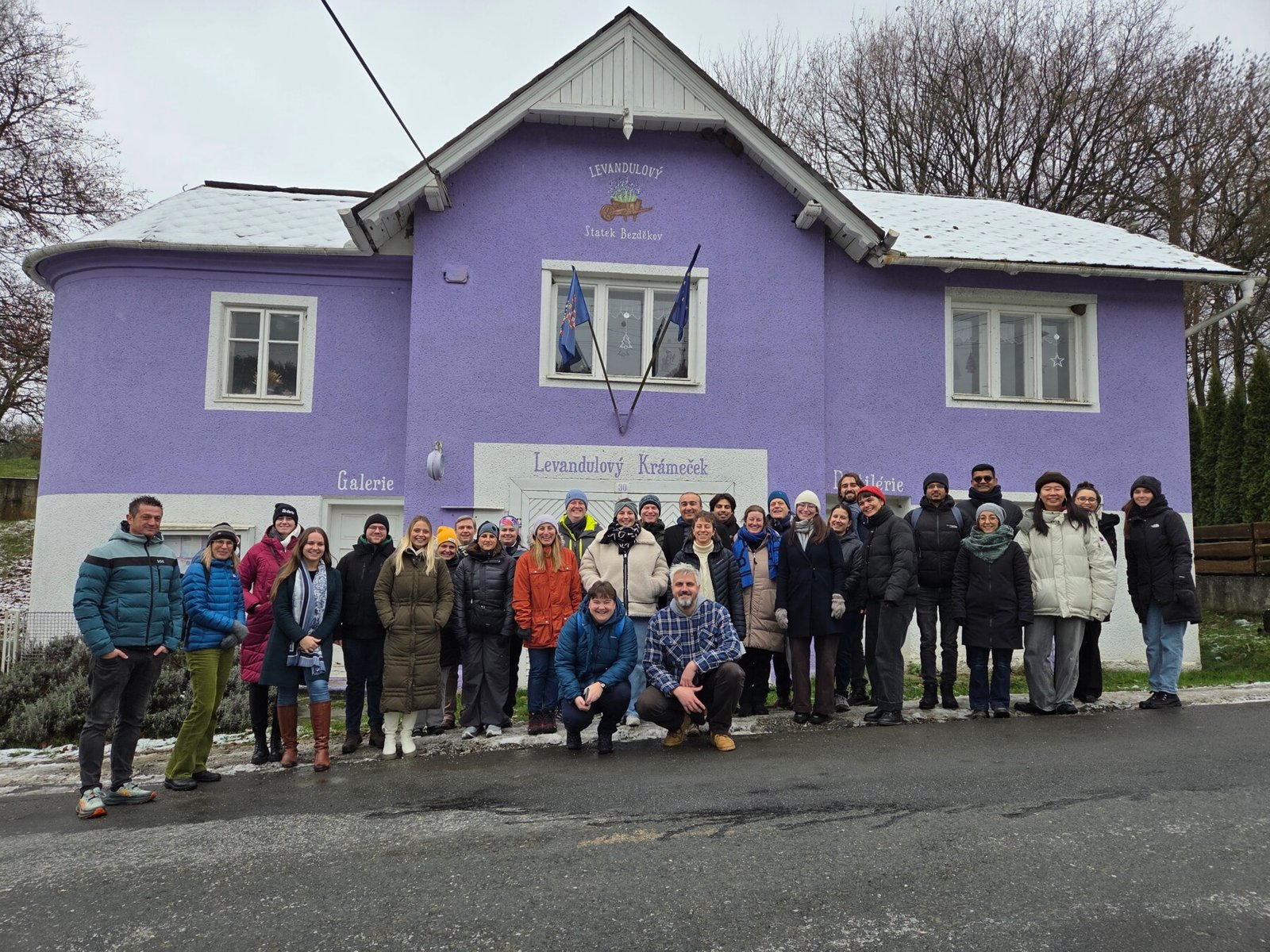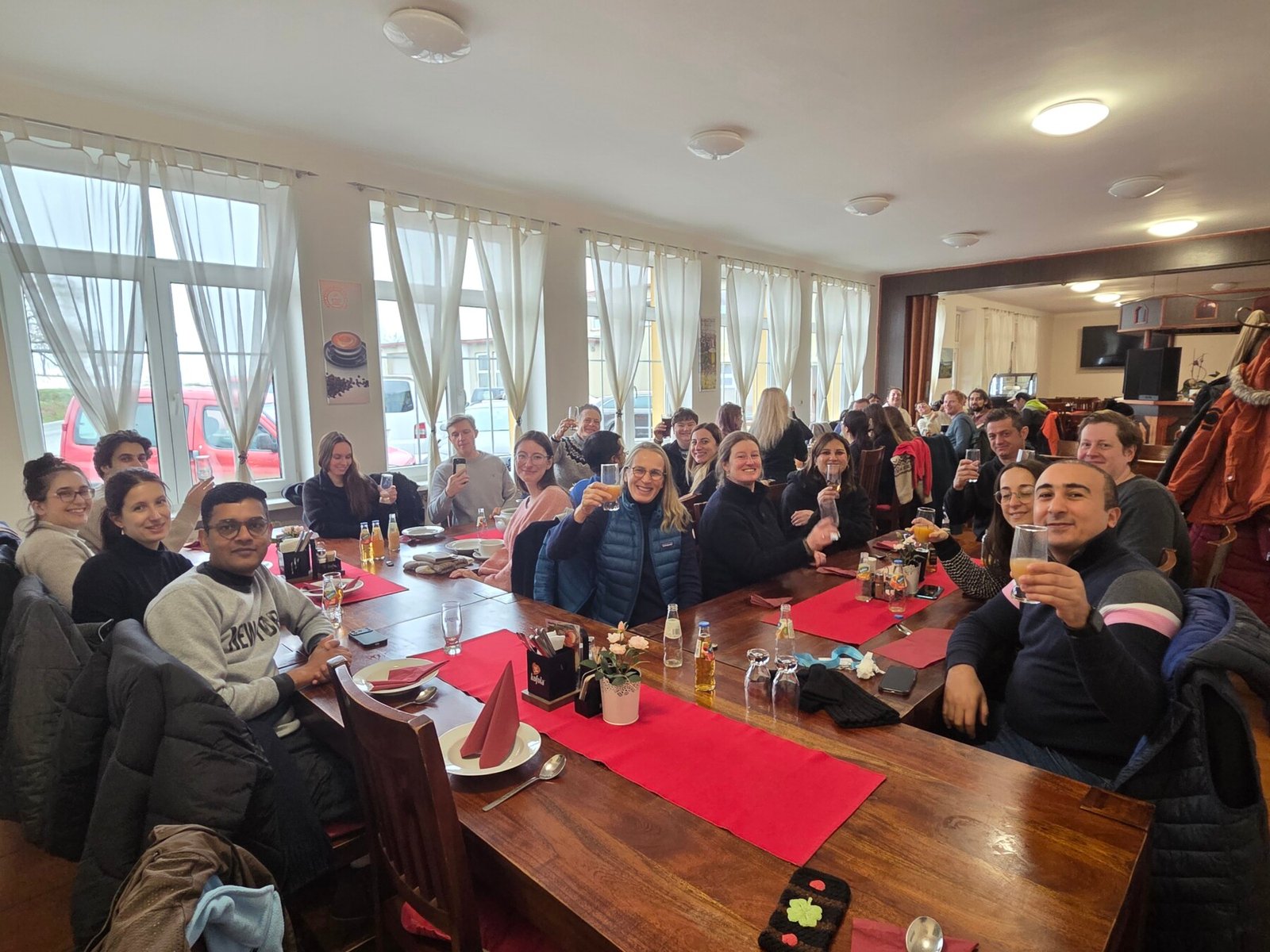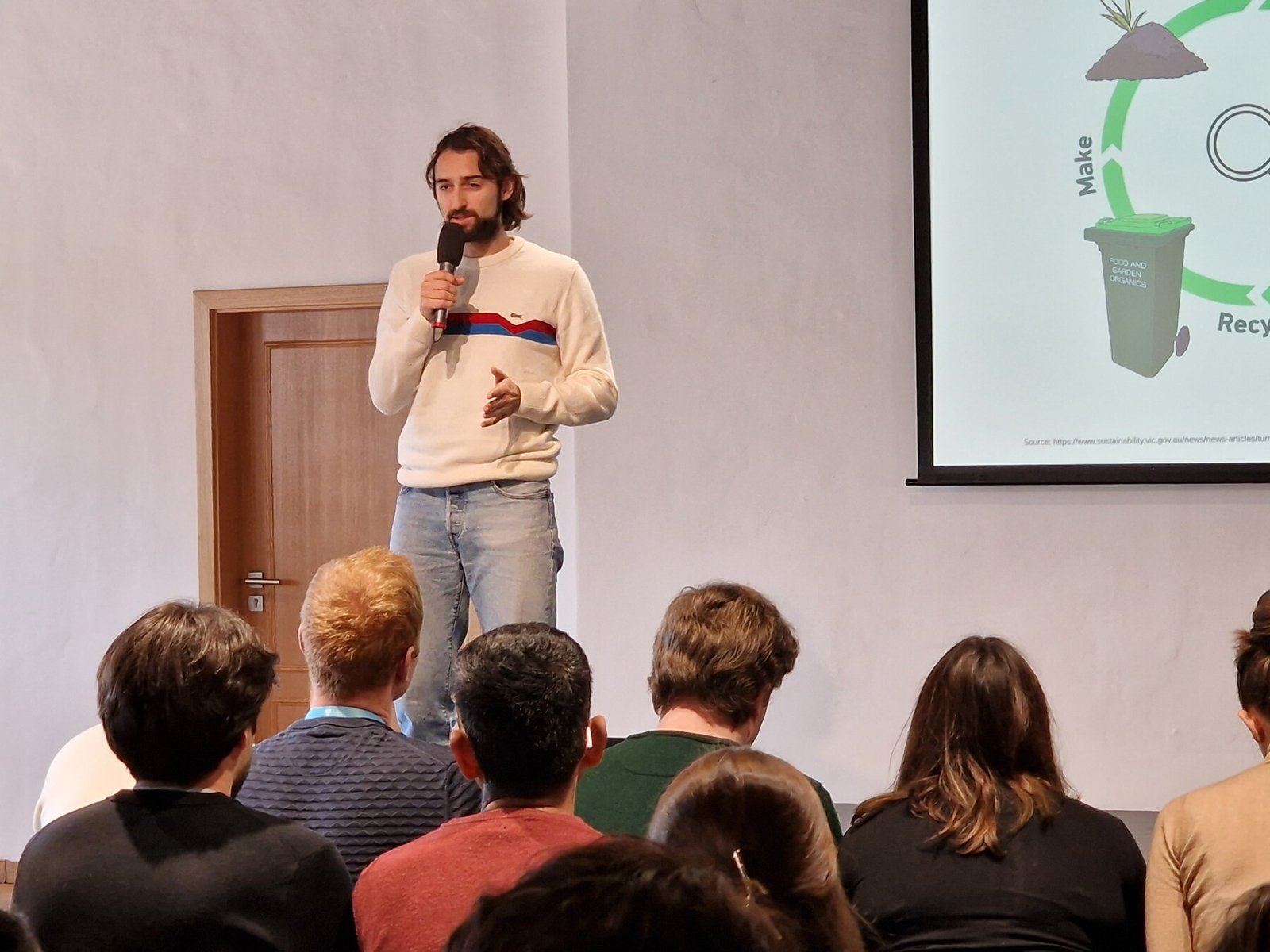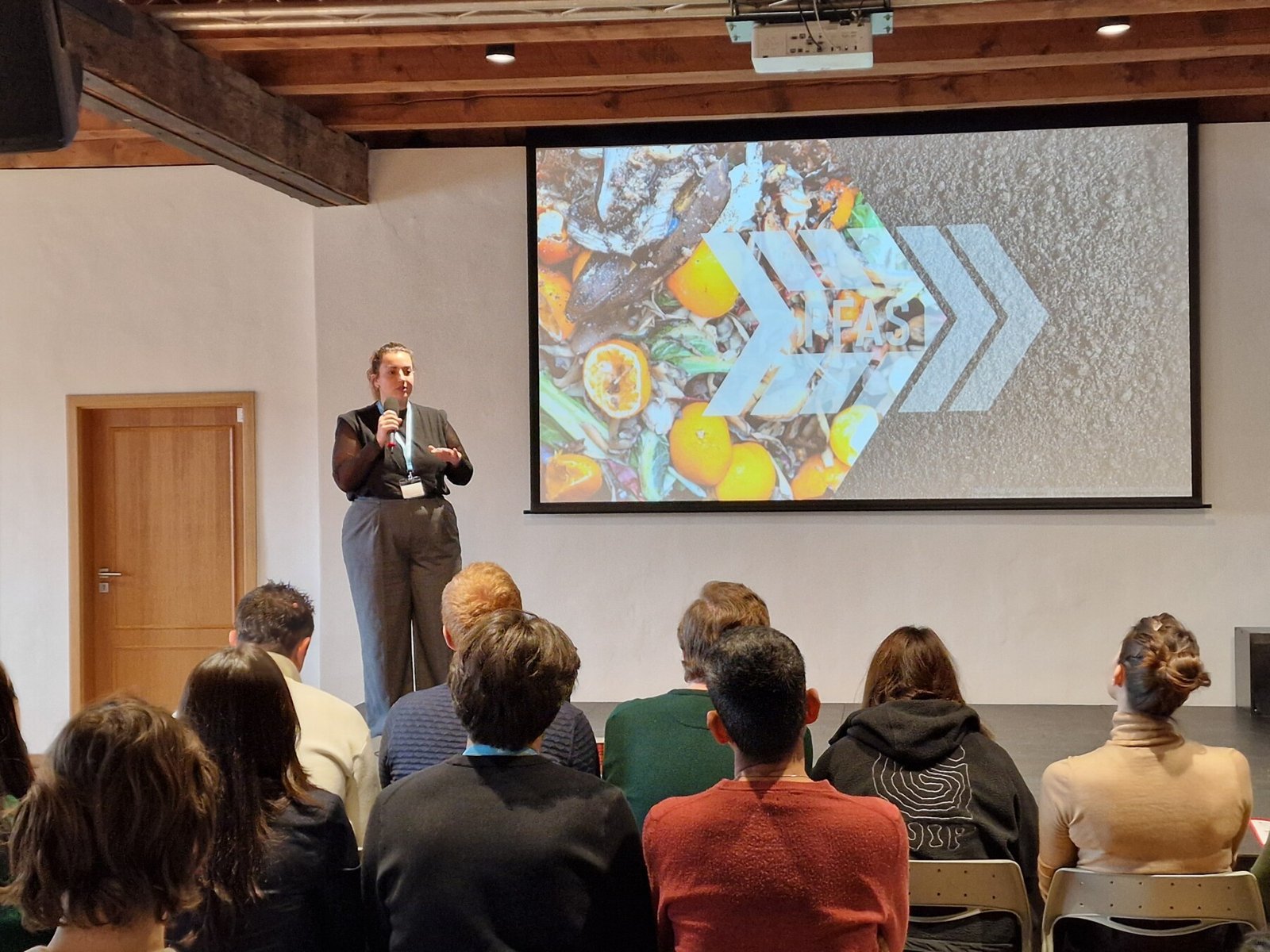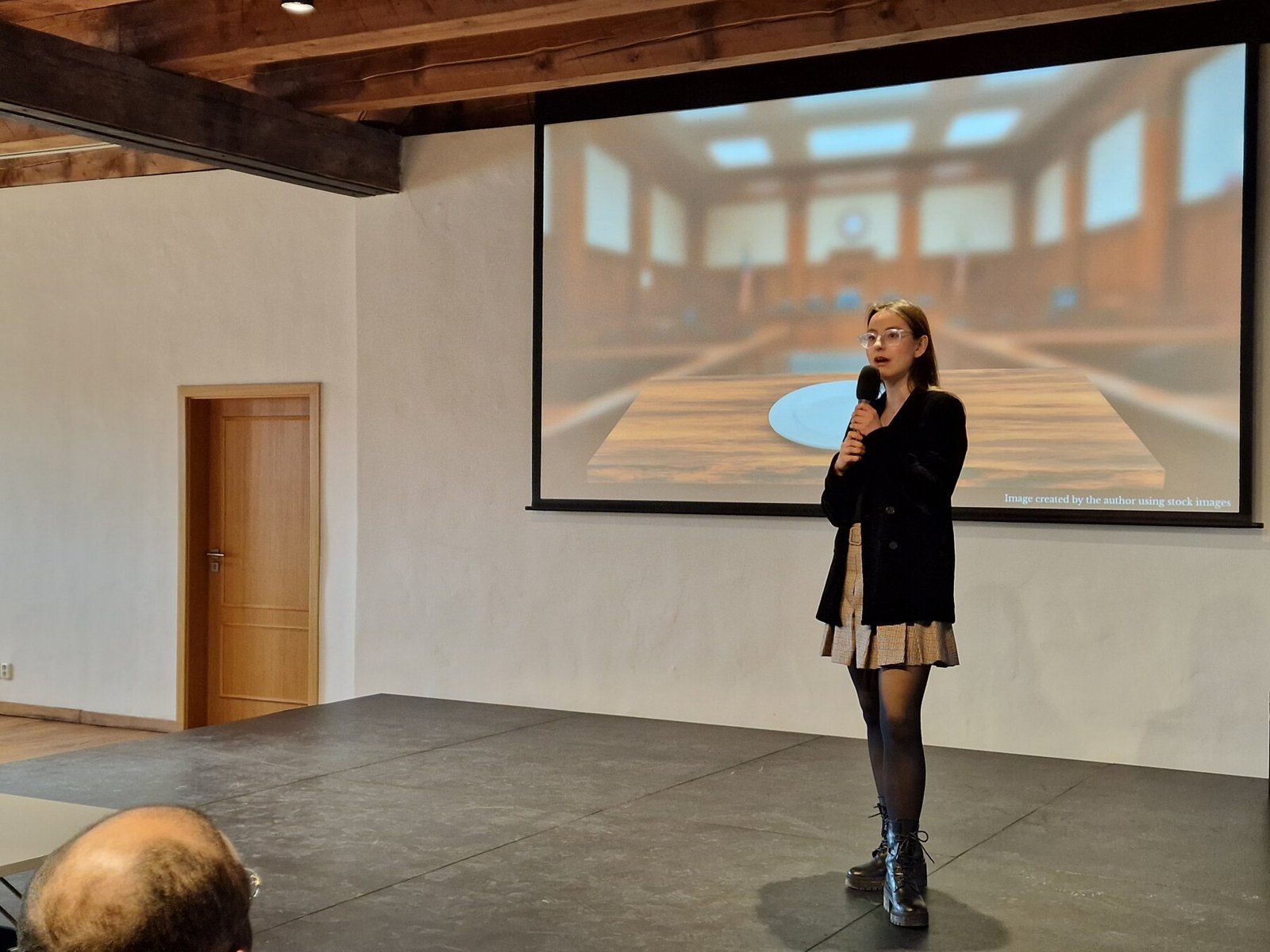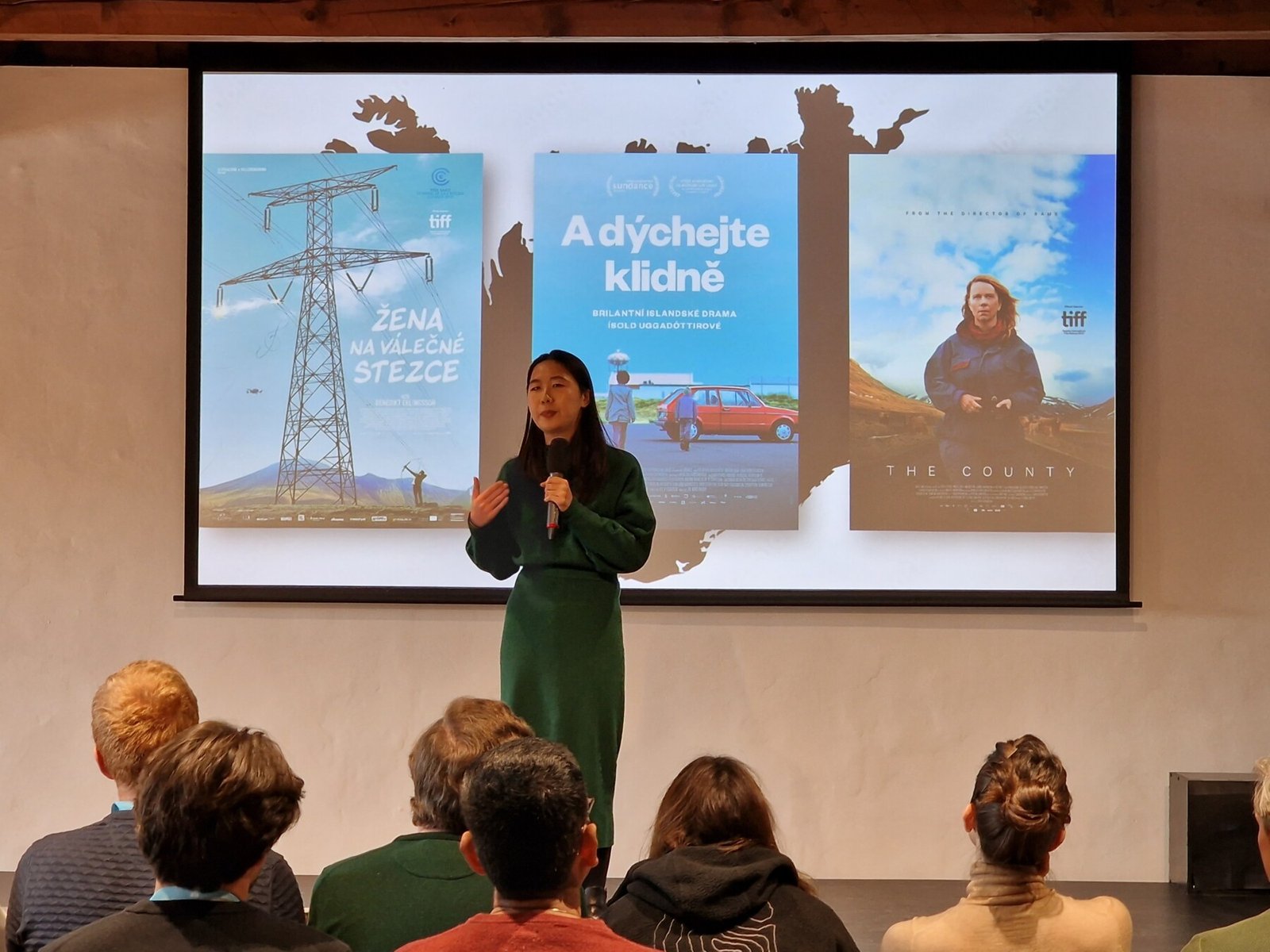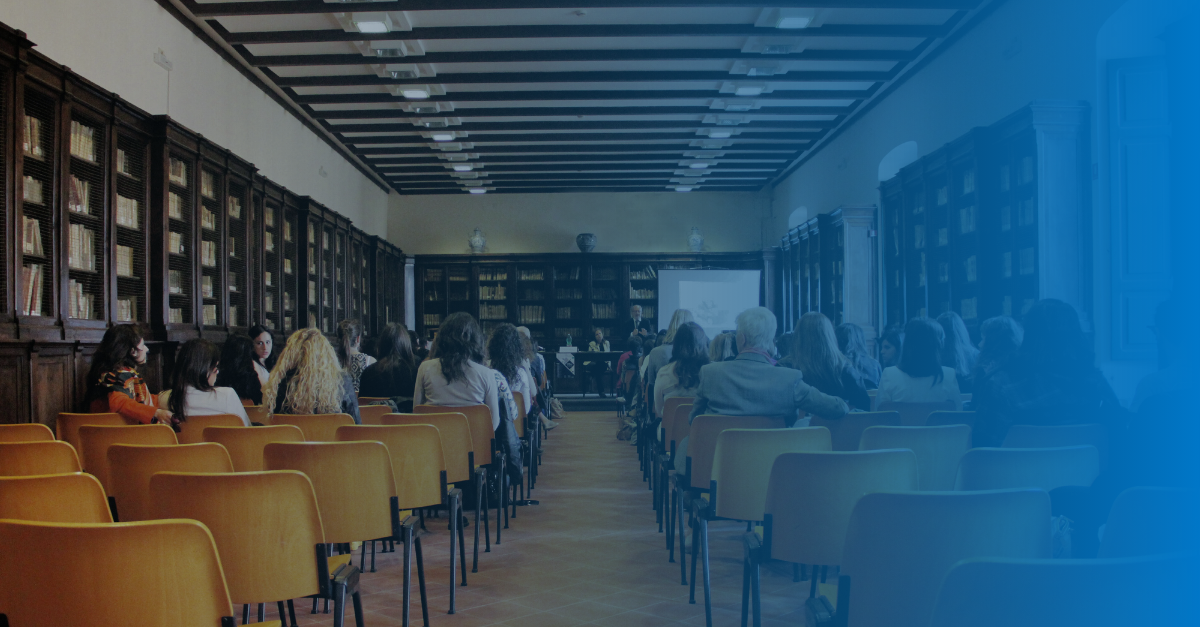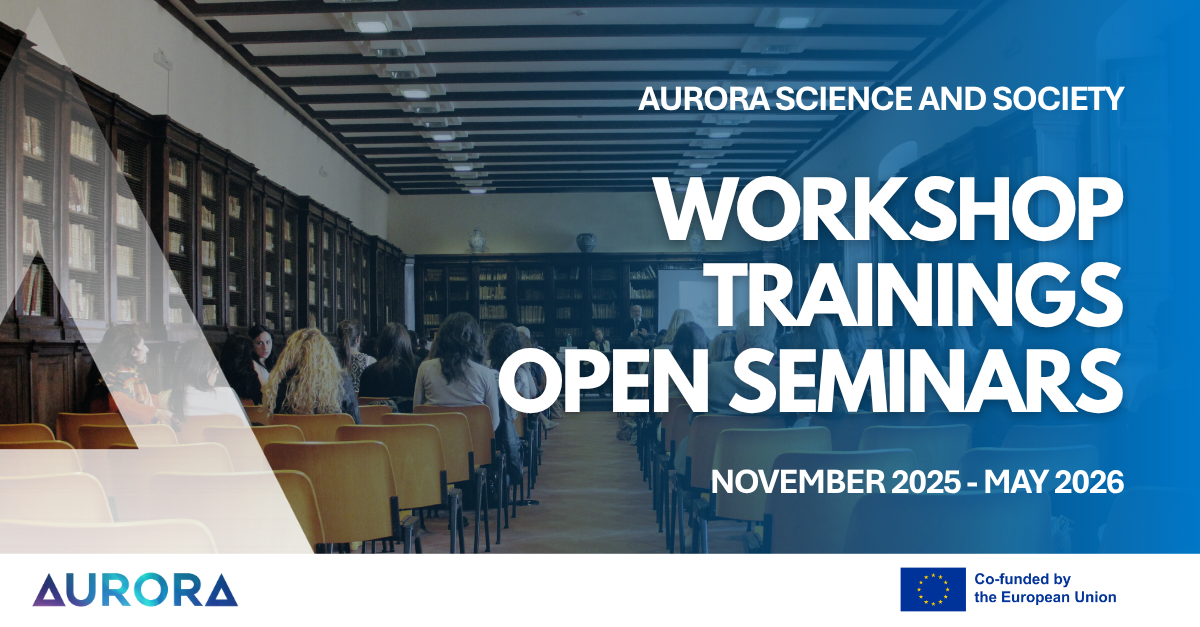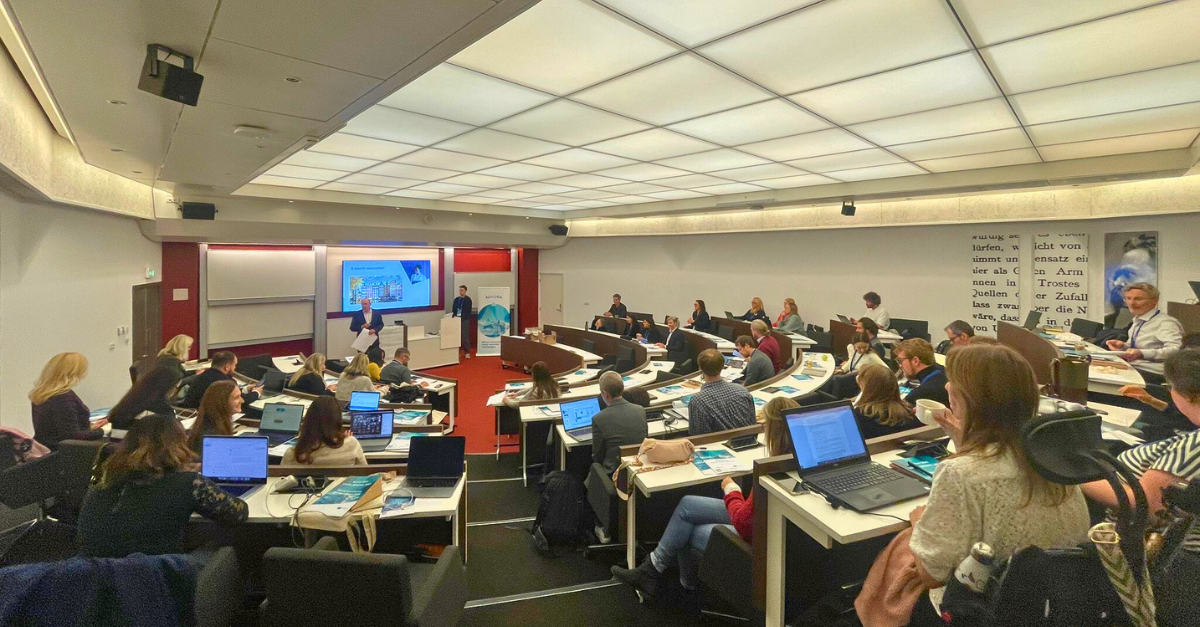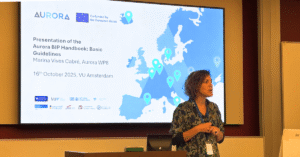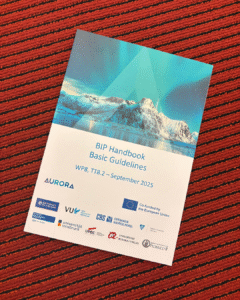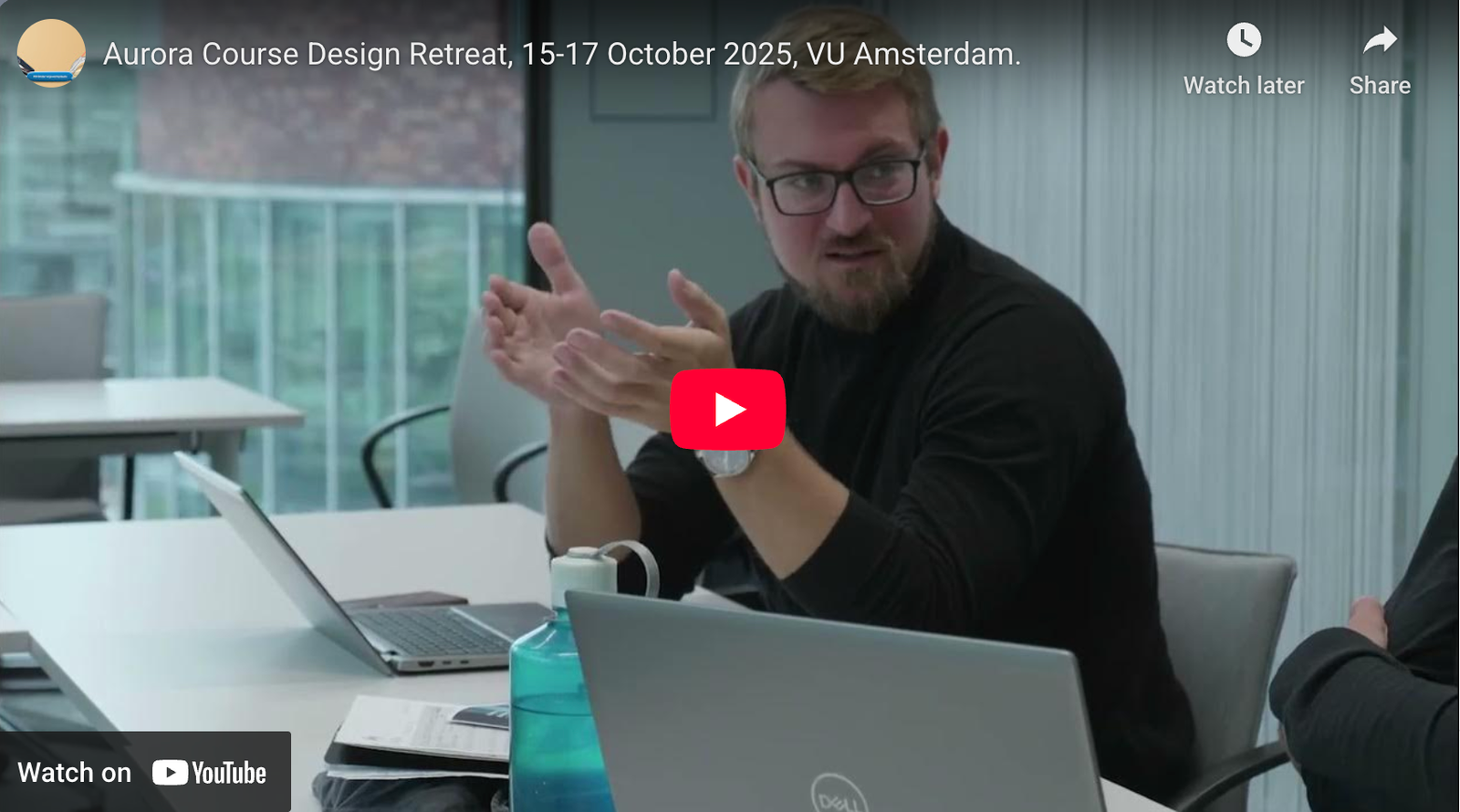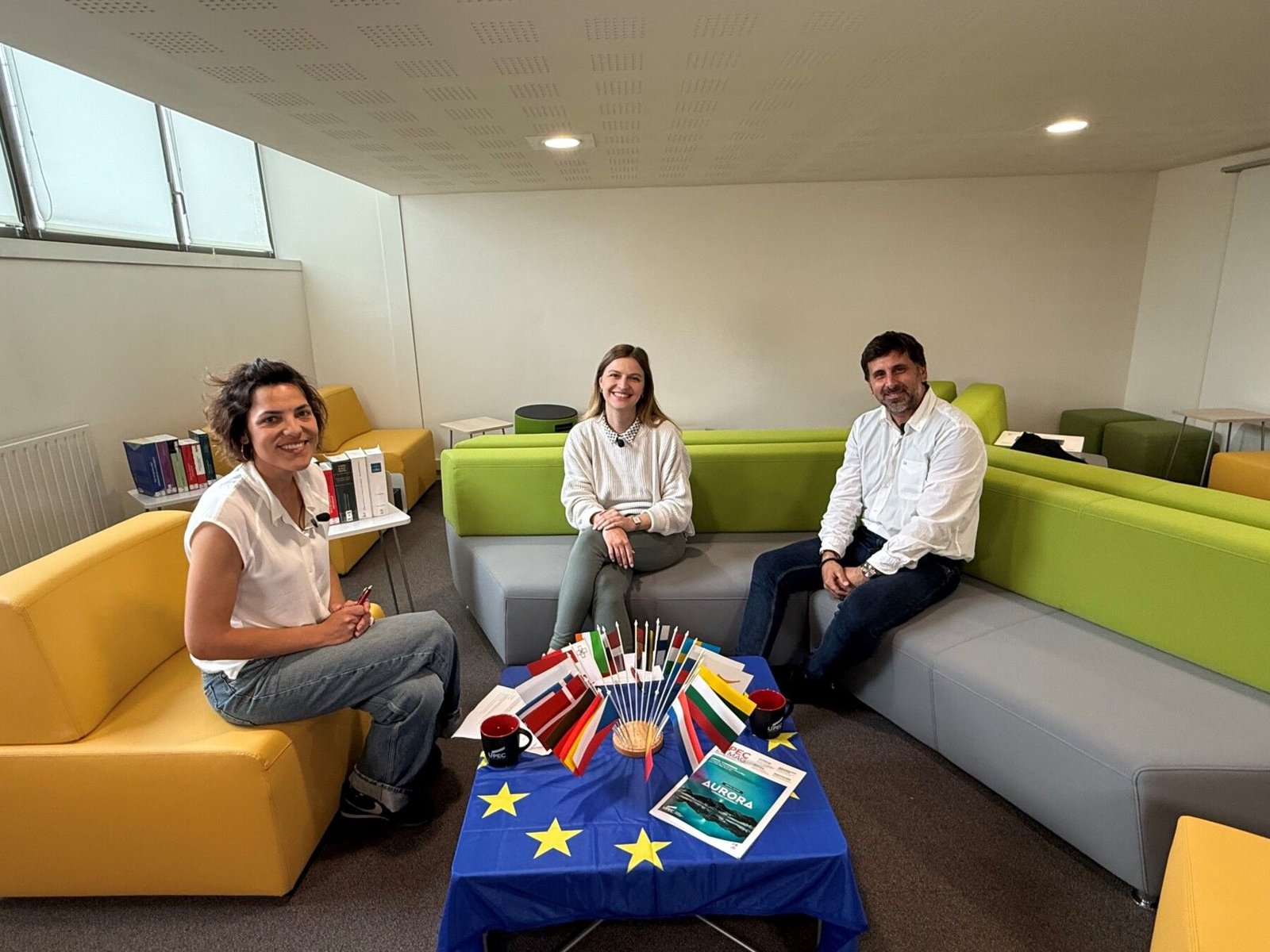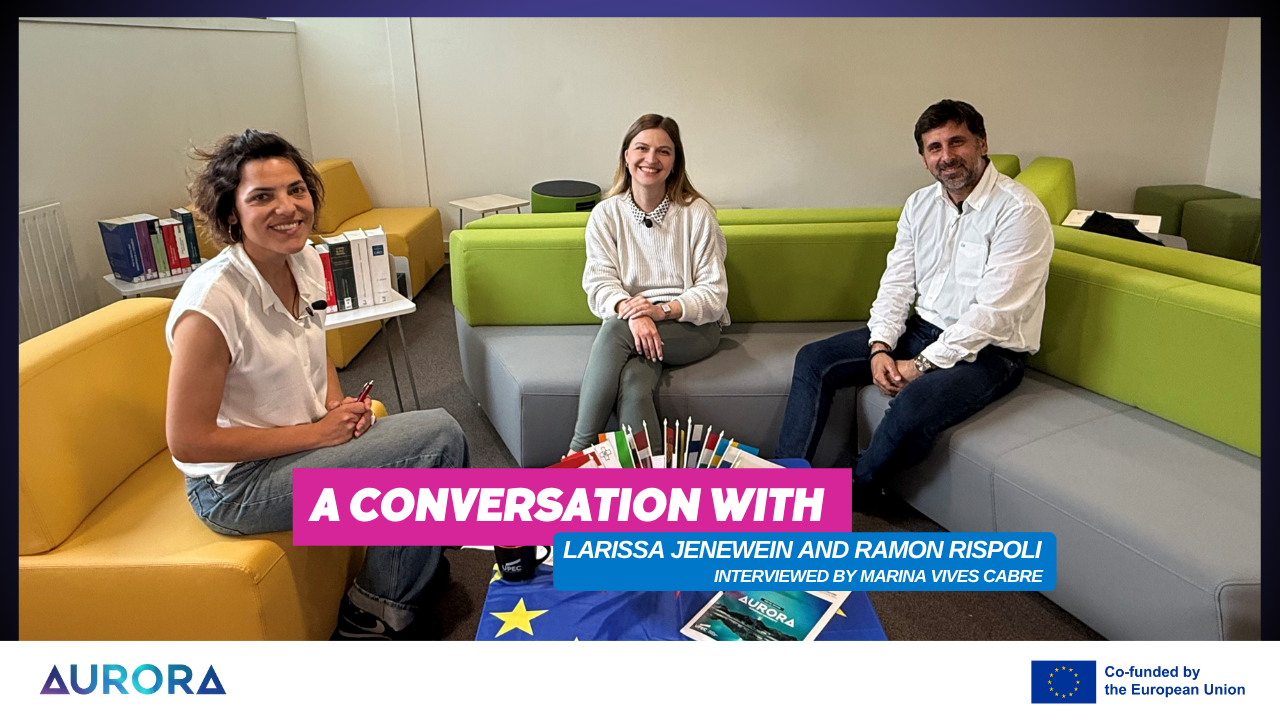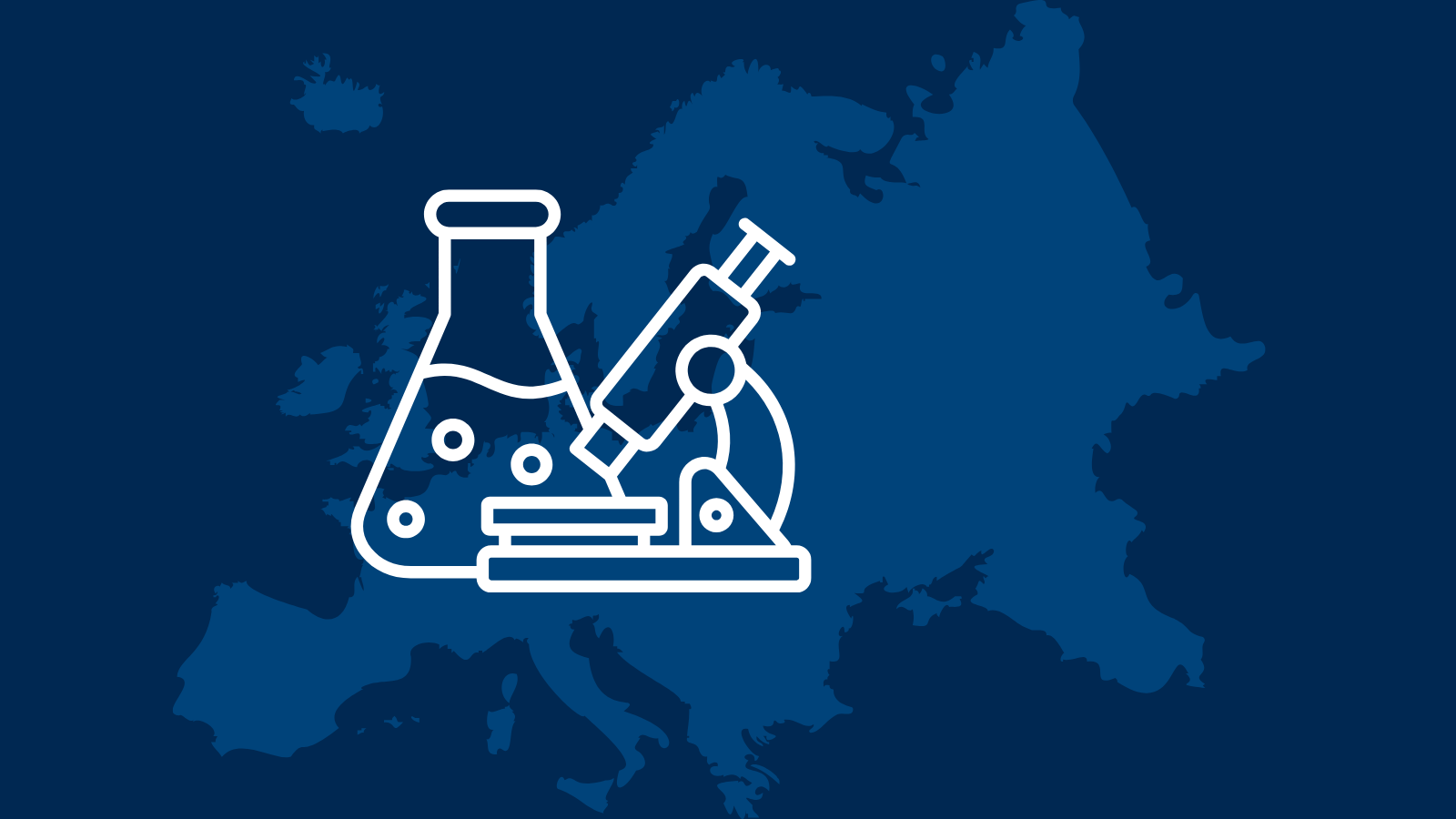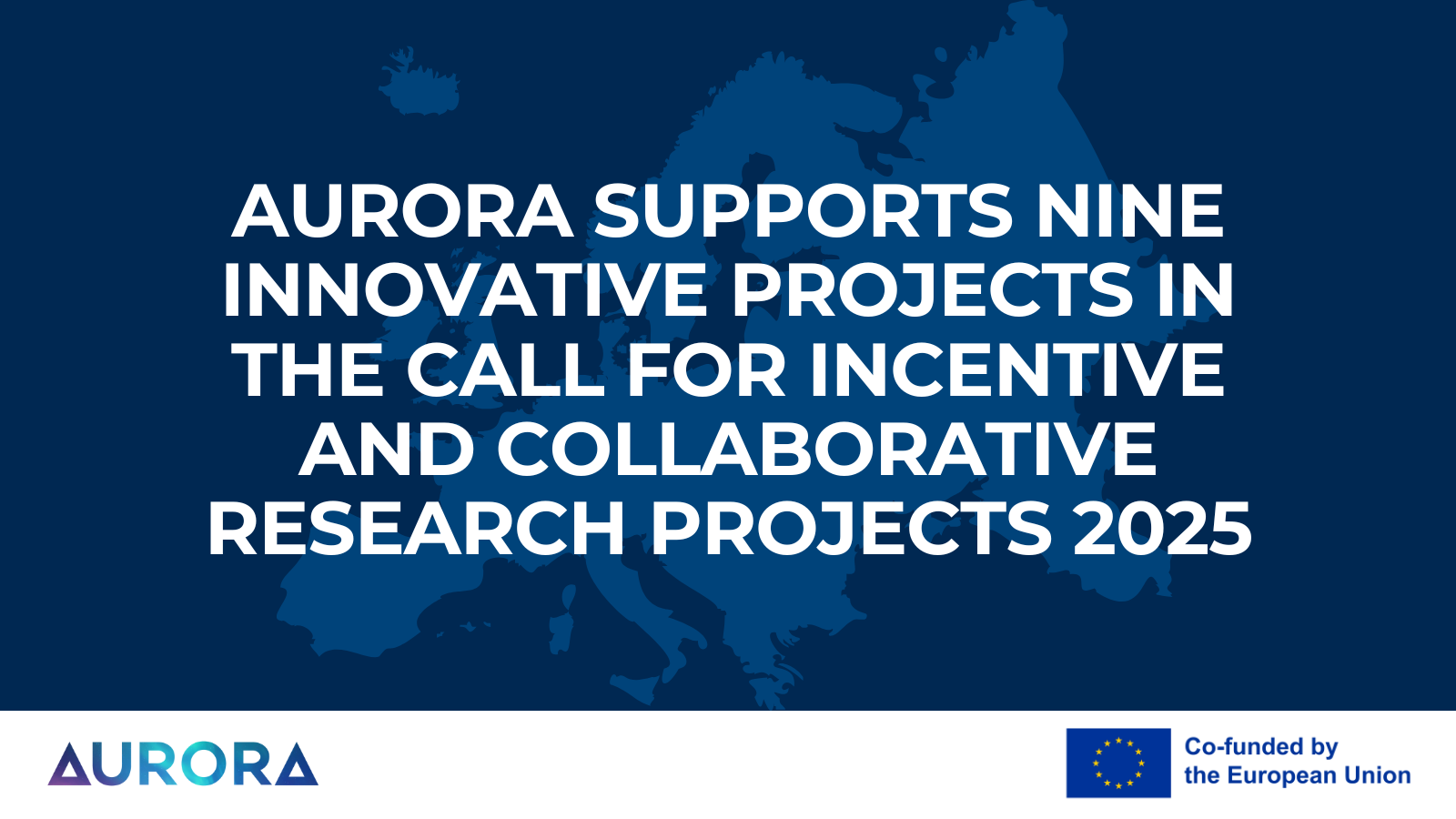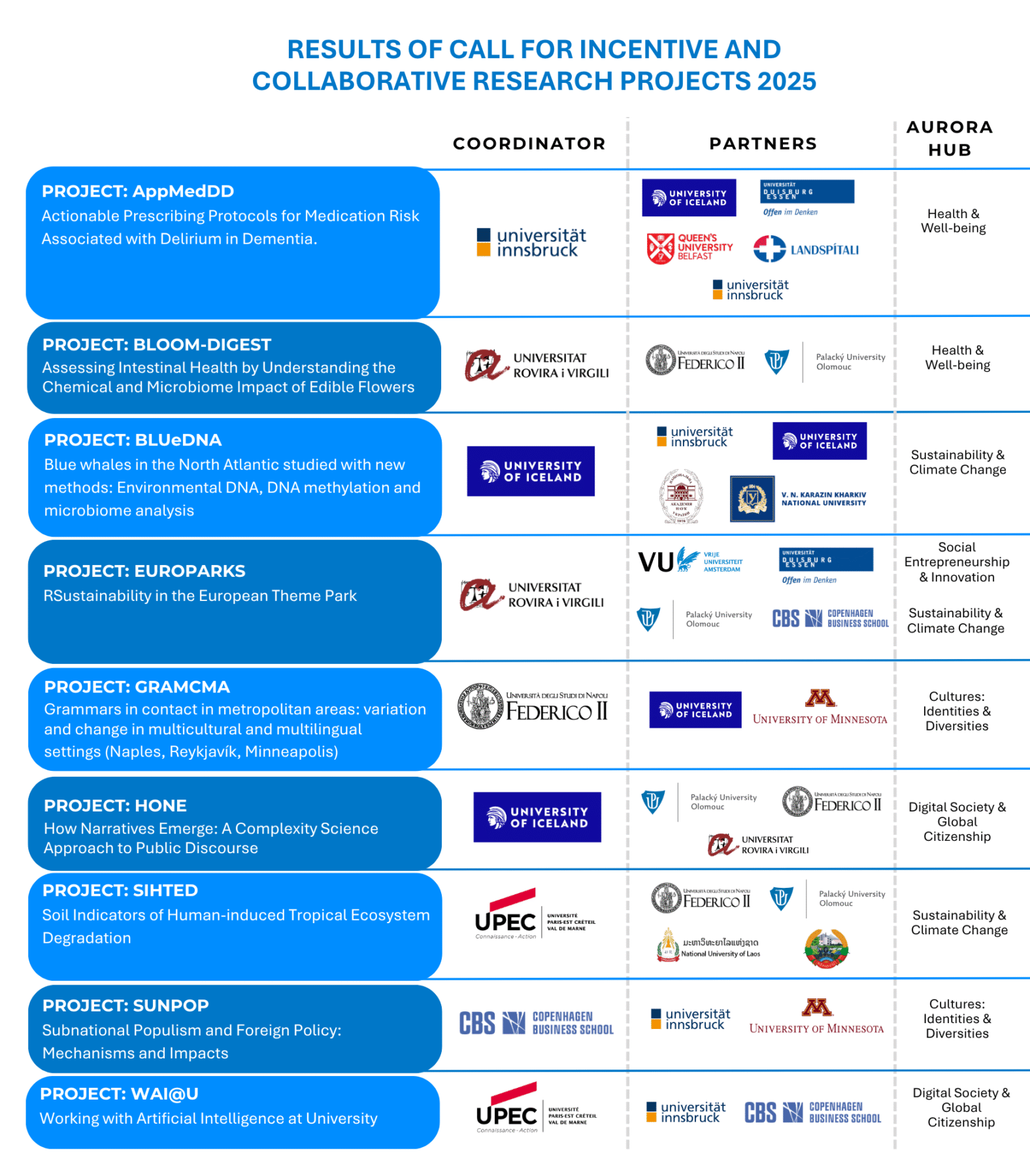Third Aurora Call Expands to Include Mixed Incentive Research and Education Projects
Following the success of the 2024 and 2025 calls, with over 90 submitted proposals, and after the final Aurora Board decision on 18 February 2026, Aurora launches a new Call for Exploratory Research and Education Projects, Thematic Schools, Research Seminars, and Secondments of Early-stage Researchers.

Two Key Actions with An Added Angle on Education
This new call aims to address the intersection between research and education. It incentivises the formation of original collaborative research actions and research-driven educational actions in Aurora’s six thematic hubs of transdisciplinary research and education: Sustainability and Climate Change, Digital Society and Global Citizenship, Health and Wellbeing, Culture: Identities and Diversities, Social Entrepreneurship and Innovation, and Peace Education.
“As Aurora has taught us so far, learning is key in all innovative research,” says Barbara Buchenau, Professor of North American Studies at the University of Duisburg-Essen, and Lead of Aurora transdisciplinary hubs. “It allows us to explore the boundaries between what is known and what is uncertain or contested. This call therefore explicitly recognizes the importance of learning activities for successful transdisciplinary research. It invites small European teams to further develop their visions for transdisciplinary research and education, thereby strengthening research-driven education and cutting-edge research in and among Aurora universities.”
This added angle on education is reflected in two of the call’s three Key Actions:
Key Action 1 – Exploratory and collaborative research projects, or projects that are built at the interface between research and education.
KA1 adds the possibility of submitting projects that mix teaching and research. Whenever selected projects fall within the domain of one of the six Aurora Hubs above, they should contribute to, and strengthen the Hub’s life. Therefore, projects that include both research and education perspectives can propose design measures for the creation of future blended intensive programmes, micro-credentials, or joint programmes. Still, research only projects, also outside the Hubs, are also welcome.
Matthias Beekmann, Aurora Research Council President and researcher at Université Paris-Est Créteil (UPEC) states: “We expect that more than 10 of such incentive projects will be funded, strengthening the Aurora research and education community, and creating opportunities for Aurora researchers and teachers to participate in future European calls.”
Key Action 2 – Thematic Schools and Intensive Research Seminars
In addition to the thematic schools already present in previous calls, KA2 now also includes multi-day intensive research and teaching seminars. These seminars must feature contributions of researchers from Aurora universities, and should include hands-on, theory-driven field work or community engagement as well as student research.
Increased Available Budget to Support Excellent Projects
The available budget for the above two key actions has nearly increased by a half for this 2026 call to reach 240,000 Euros, a considerable increase from past years. A large part of this budget comes from additional contribution by Aurora member universities in addition to the budget provided under Aurora 2030 Task 5.2 on Academic Collaboration and Community Building.
This steadfast engagement allows for the possibility to support a larger number of excellent projects. It demonstrates a strong commitment in Aurora to provide and foster a solid environment for research, education and innovation within its community.
Submission of Proposals
This call is officially launched on 20 February 2026, with a deadline for proposals to be submitted on 17 April 2026, 12:00 CEST. For further information, go to Call for Incentive Research and Education Collaboration.
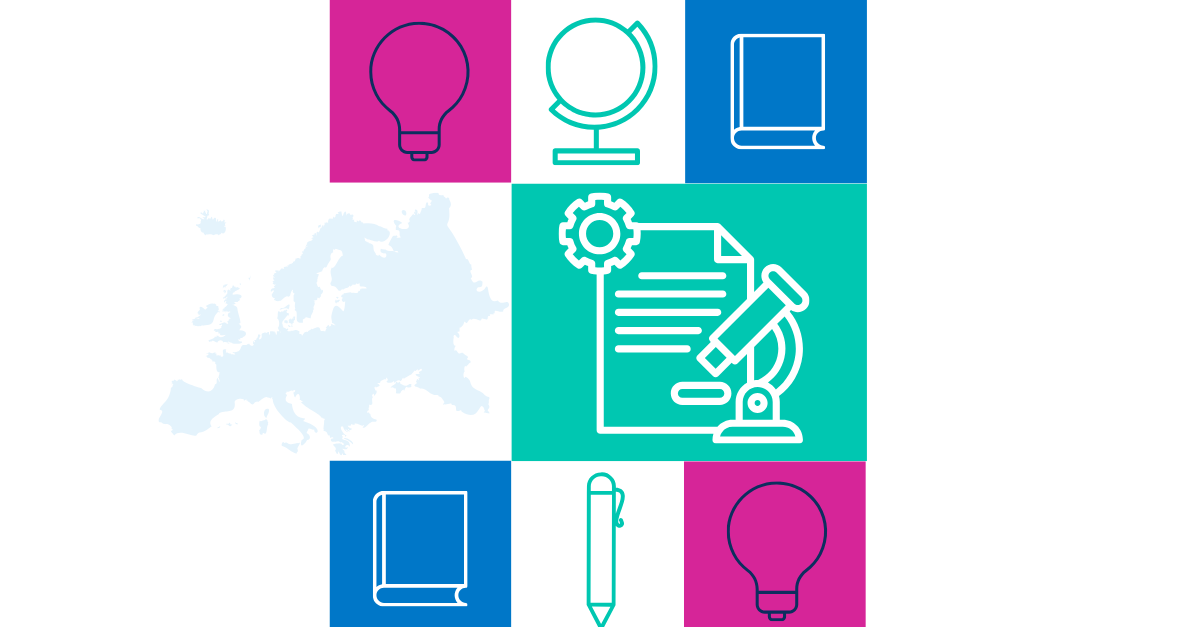
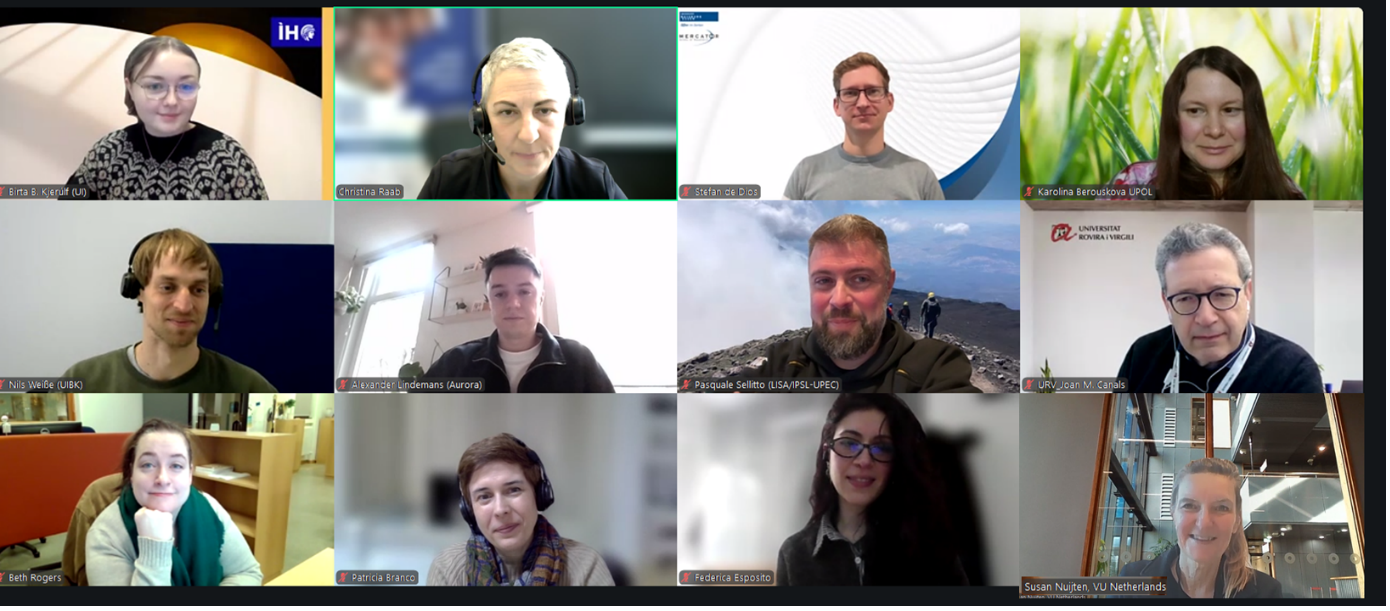
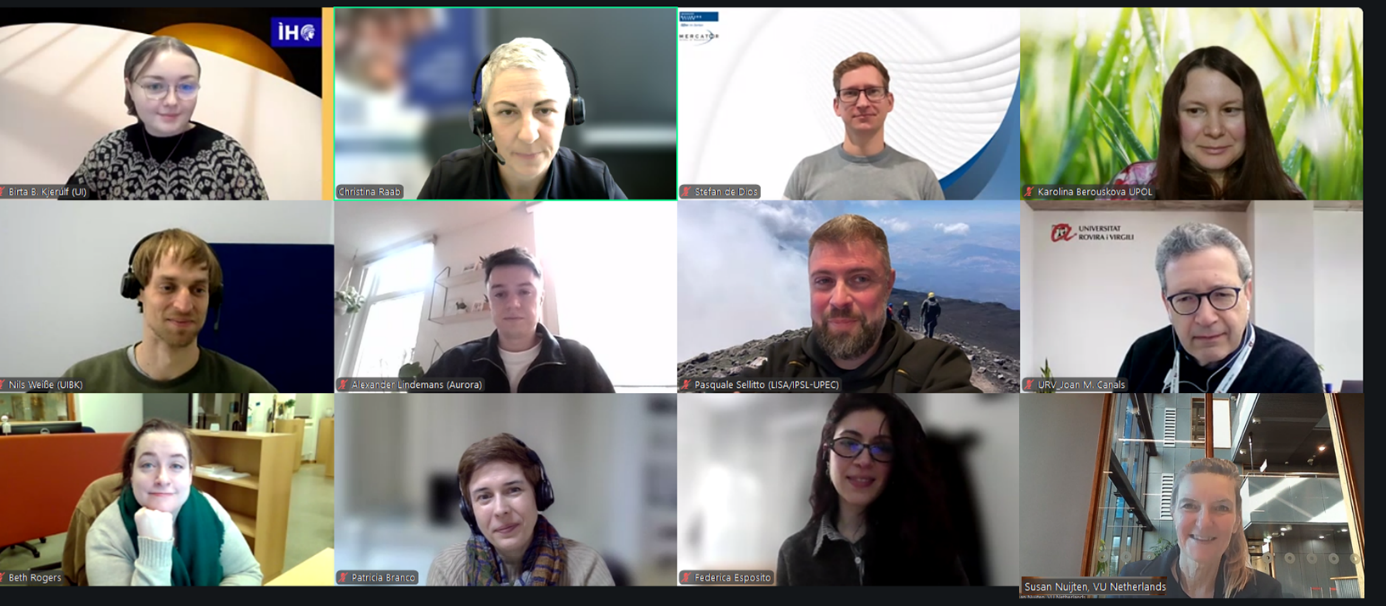 Participants at the second Aurora-MCC meeting. Photo credit: Aurora-MCC, Raab
Participants at the second Aurora-MCC meeting. Photo credit: Aurora-MCC, Raab 